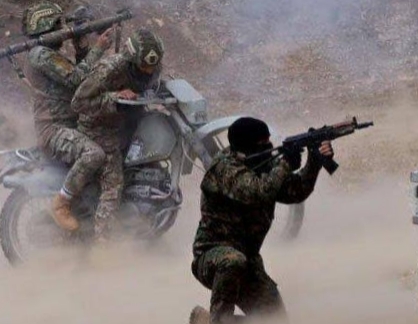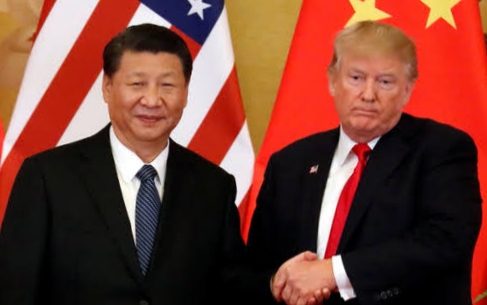INTERNEWSTIMES.COM – As the conflict between Israel and Hezbollah intensifies, reaching its bloodiest point since Lebanon’s civil war, a glimmer of hope emerges in the form of a joint statement calling for an immediate ceasefire. The US, alongside the EU and 10 other countries, has proposed a 21-day truce, urging both sides to stop fighting and engage in further mediated talks. However, the path to a lasting ceasefire remains shrouded in uncertainty.
The proposed ceasefire, while welcomed by many, faces significant hurdles. The statement, which was crafted during the UN General Assembly, aims to build momentum for a diplomatic solution, but it has not been formally endorsed by either Israel or Hezbollah. While US officials insist they have engaged with both sides, neither party has publicly confirmed their agreement to the truce.

The proposed ceasefire is not simply about a temporary pause in hostilities. It seeks to address a range of long-standing issues that have plagued the region for decades, including the implementation of UN Security Council Resolution 1701, which aimed to end the 2006 war. The resolution calls for Hezbollah’s withdrawal from a strip of Lebanon south of the Litani River and, ultimately, its disarmament.
The inclusion of these complex objectives within the ceasefire proposal has raised concerns about its feasibility. Both Israel and Hezbollah have historically accused each other of violating the terms of Resolution 1701, and reaching a consensus on its implementation has proven elusive.
Furthermore, the current conflict has escalated to a level of violence that has not been seen in years. Israeli airstrikes have claimed hundreds of lives in Lebanon, while Hezbollah’s rocket fire has targeted Israeli cities. This intense fighting has fueled deep-seated grievances on both sides, making it difficult to envision a quick and easy path to peace.
The US, which has played a central role in mediating the conflict, has faced criticism for its handling of the situation. While it has called for a ceasefire, it has also continued to provide military support to Israel. This has led to accusations that the US is biased in favor of Israel and is not doing enough to pressure both sides to de-escalate.
The current situation underscores the complexities and challenges of achieving peace in the Middle East. While the ceasefire proposal represents a potential pathway to a negotiated solution, its success hinges on the willingness of both sides to compromise and engage in good faith. With the conflict continuing to escalate, the world watches anxiously to see if diplomacy can prevail over violence.(Red)























